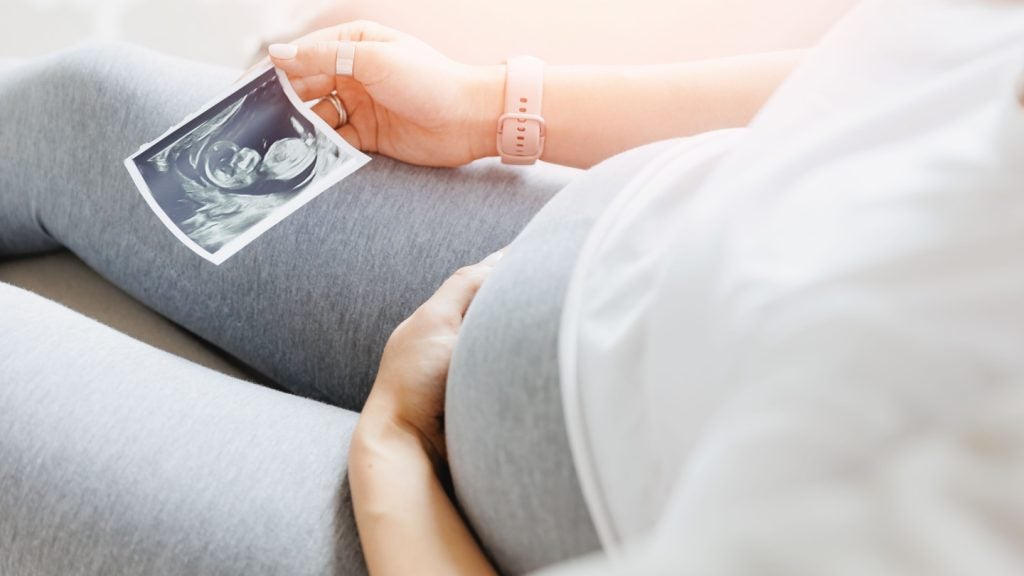The UK’s sixth Yellow Card centre, intended for the reporting of adverse effects from medicines and medical devices, has been launched in Northern Ireland.
The facility, based out of Belfast, exists not only to encourage the reporting and tracking of side effects but also to provide local training and education as well as promote safety messages from the Medicines and Healthcare Products Regulatory Agency (MHRA).
The Belfast Health and Social Care Trust (HSCT) was selected by the Department of Health in Northern Ireland to host the latest Yellow Card centre, citing its clinical pharmacology department, leadership in drug safety engagement and outreach work.
Dr Alison Cave, MHRA chief safety officer, said: “We are delighted to support the launch of a new Yellow Card centre in Belfast which will help to further improve the safety of healthcare products in the UK.
“Every report made by a patient, healthcare professional or carer plays a crucial role in helping us to gain further knowledge about the risks of medicines and medical devices in clinical use and allows us to take action, when necessary, to minimise the risk of harm to patients. Patient safety is our top priority.”
The Yellow Card system is intended to consistently collect data on medicines and medical devices and how they impact patients in order to monitor potential risks to patients. The group also monitors for potential falsified or fake healthcare products.
At present there are six MHRA-commissioned regional Yellow Card centres across the UK. The system is especially keen to receive reports of suspected adverse effects in children, patients over the age of 65 as well as those stemming from vaccines.
The system remains mostly unchanged for its implementation in Northern Ireland, but medical device incidents should be reported via the Northern Ireland Adverse Incident Centre (NIAIC).
Cave added: “Reporting suspected side effects and adverse incidents, including defective or fake healthcare products, to the Yellow Card scheme helps to improve the safety of medicines and medical devices for all patients. By reporting, you could be helping those who are most vulnerable and at risk of potential harm.
“If you, your child, or a patient in your care experiences a suspected side effect or adverse reaction related to a medicine or medical device, we urge you to report it to us as soon as possible. The faster you report, the more likely it is that we can intervene and prevent any possible risks to patients.”












